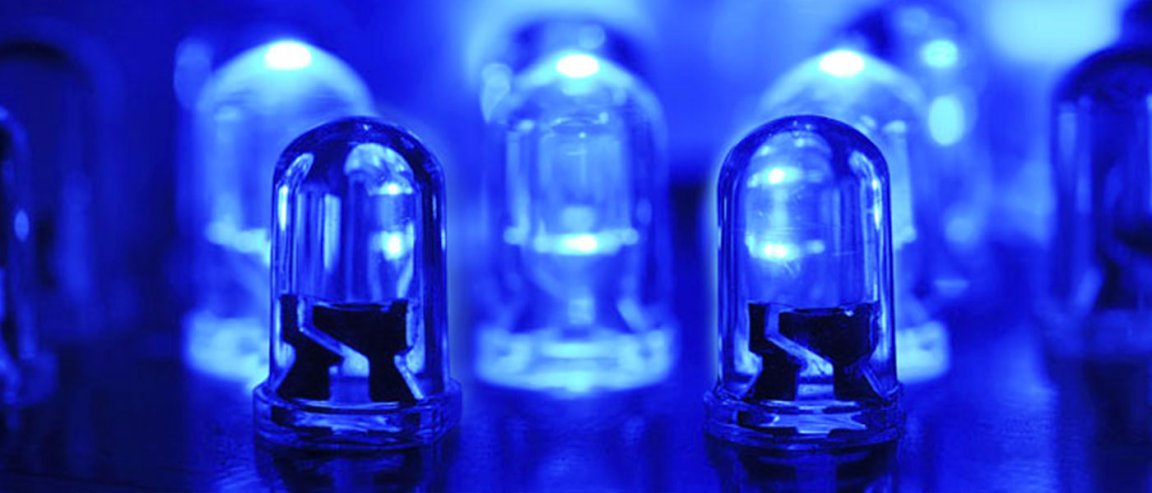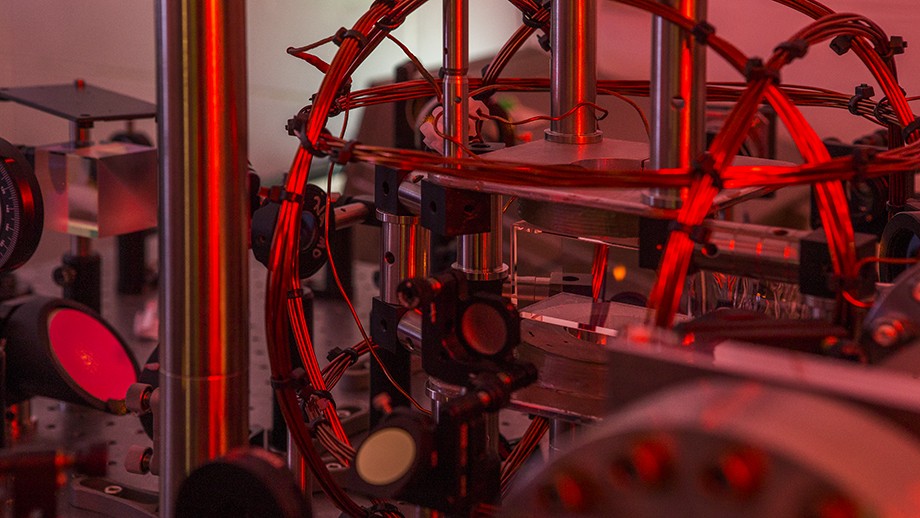
Biting the Hand That Feeds
Physicists may soon join the ranks of the unemployed due to artificial intelligence (AI).
Australian physicists have created an AI that can run and even improve a complex physics experiment with little oversight. They’ve automated an experiment creating an extremely cold gas trapped in a laser beam, known as a Bose-Einstein condensate.
Bose-Einstein condensates are some of the coldest objects in the Universe, far colder than outer space—typically less than a billionth of a degree above absolute zero. They are extremely sensitive to external disturbances, which allows them to make very precise measurements such as tiny changes in the Earth’s magnetic field or gravity.
This experiment won three physicists the Nobel Prize in 2001. The machine was able to learn the experiment itself, from scratch, in under an hour. This same procedure would take a simple computer program longer than the age of the universe to run through all the combinations, said co-lead researcher Paul Wigley from ANU Research School of Physics and Engineering.
The research is published in the Nature group journal Scientific Reports .
The Experiment
The team cooled the gas to around 1 microkelvin, and then handed control of the three laser beams over to the artificial intelligence to cool the trapped gas down to a nanokelvin (billionth of a kelvin).

It had to figure out how to apply the lasers and control other parameters to best cool the atoms. Over dozens of repetitions, it continued to find more efficient ways to do so. The researchers never expected the methods the AI would cook up, such as changing one laser’s power up and down the frequency scale, and compensating with another.
The AI is tailor-made for the specific purpose of generating Bose-Einstein condensates, but similar methods could be rigged for other applications. And, in the meantime, it means the possibility of using this strange, ultra-cold form of matter for a broader range of pursuits, and doing so more cheaply than ever before possible.
“You could make a working device to measure gravity that you could take in the back of a car, and the artificial intelligence would recalibrate and fix itself no matter what,” said Michael Hush, the author co-lead researcher.